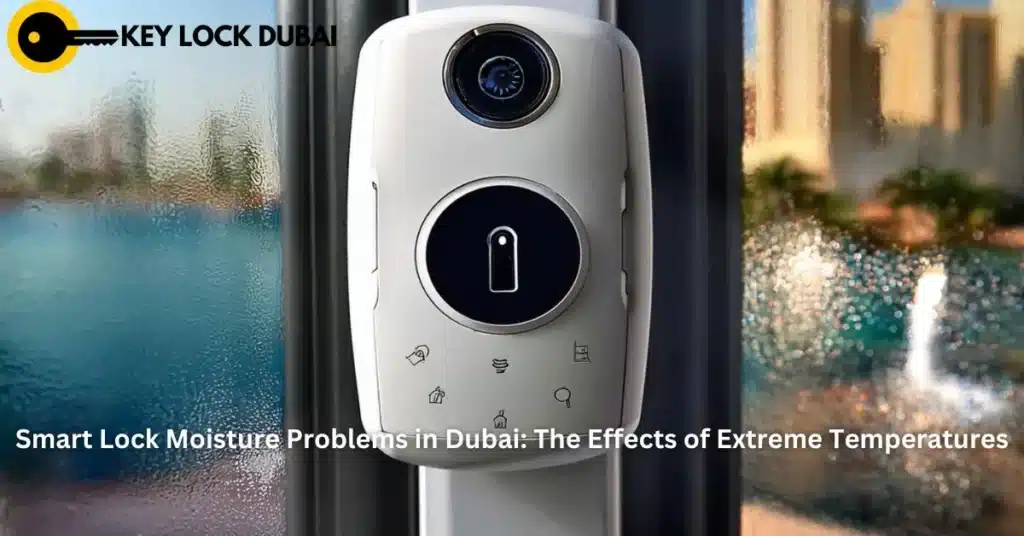Smart Locks Moisture Problems in Dubai: The Effects of Extreme Temperatures

Smart locks have revolutionized home security, offering convenience, keyless entry, and enhanced security features. However, like all high-tech devices, they are susceptible to environmental factors that can affect their performance and lifespan. One of these factors is temperature fluctuations, a common problem in places like Dubai, where the contrast between indoor and outdoor temperatures can […]
